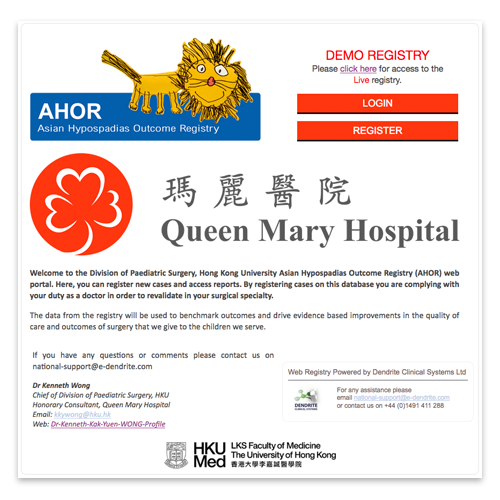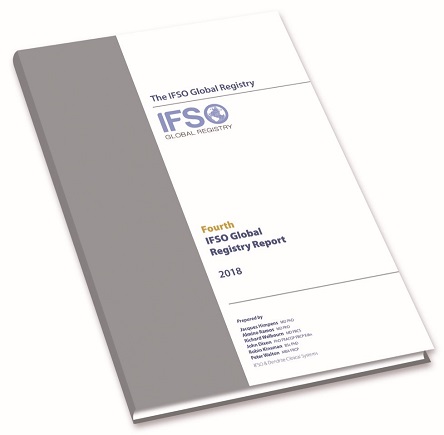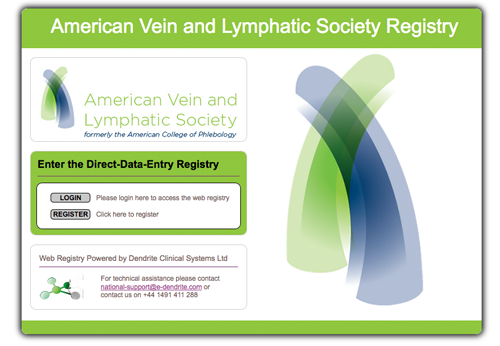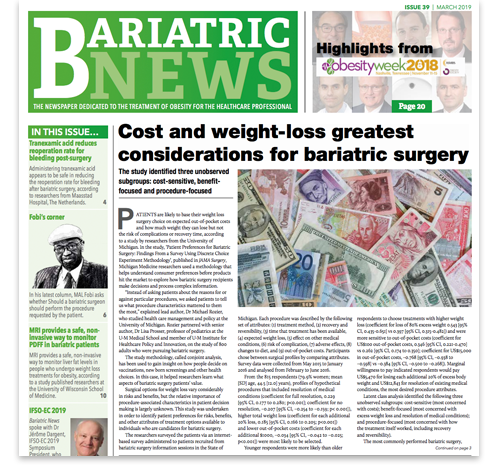Dendrite and Queen Mary Hospital (Hong Kong) launch Asian Hypospadias Outcome Registry
 Dendrite Clinical Systems and the Queen Mary Hospital in Hong Kong have launched the Asian Hypospadias Outcome Registry (AHOR), is a prospective web-based patient registry that will collect, record and analyse the treatment and outcomes of patients undergoing surgical repair.
Dendrite Clinical Systems and the Queen Mary Hospital in Hong Kong have launched the Asian Hypospadias Outcome Registry (AHOR), is a prospective web-based patient registry that will collect, record and analyse the treatment and outcomes of patients undergoing surgical repair.
Hypospadias is one of the most common congenital anomalies in males, in which the opening of the urethra is on the underside of the penis. The condition is typically characterised by proximal displacement of the urethral opening, penile curvature, and a ventrally deficient hooded foreskin. In about 70%, the urethral meatus is located distally on the penile shaft; this is considered a mild form that is not associated with other urogenital deformities. The remaining 30% are proximal and often more complex1. The prevalence is highest in North America, 34.2 per 10,000 births (range 6–129.8) and lowest in Asia, i.e., 0.6–69 per 10,000 births2.
“We are delighted to launch the first hypospadias registry in Asia,” said Dr Peter Walton, Managing Director of Dendrite Clinical Systems. “By collecting and recording data on procedures and outcomes, researchers from the Queen Mary Hospital will be able to determine the most effective treatment for this condition.”
The data from the registry will be used to benchmark outcomes and drive evidence-based improvements in the quality of care and outcomes of surgery. Over time the registry will report on patient demographics, procedure type, length of stay, complications and functional outcomes, as well as improvements in the patients’ quality of life.
To better understand current surgical practice and outcomes in Hong Kong, this online registry was developed by Dendrite using their “Intellect Web” software. This allows users to enter patient data online, using a range of modern html-5 compatible web browsers, without the need to install additional software or perform any complex system configurations. AHOR will initially be a Hong Kong registry, but there are plans to extend the registry to become a pan-Asian Registry.
References
- Duckett JW., Jr Hypospadias. Pediatr Rev. 1989;11:37–42
- Springer A, van den Heijkant M, Baumann S. Worldwide prevalence of hypospadias. J Pediatr Urol. 2016;12(152):e151–e157.
 Dendrite Clinical Systems is pleased to announce the prestigious journal, Obesity Surgery, has published a paper highlighting international bariatric surgery practice from the 4th Dendrite/IFSO Global Registry Report. The paper, ‘Bariatric Surgery Worldwide: Baseline Demographic Description and One-Year Outcomes from the Fourth Dendrite/IFSO Global Registry Report 2018’, (Himpens et al. Obesity Surgery. March 2019.
Dendrite Clinical Systems is pleased to announce the prestigious journal, Obesity Surgery, has published a paper highlighting international bariatric surgery practice from the 4th Dendrite/IFSO Global Registry Report. The paper, ‘Bariatric Surgery Worldwide: Baseline Demographic Description and One-Year Outcomes from the Fourth Dendrite/IFSO Global Registry Report 2018’, (Himpens et al. Obesity Surgery. March 2019. Dendrite Clinical Systems and The State of Kuwait Ministry of Health,
Dendrite Clinical Systems and The State of Kuwait Ministry of Health, Dendrite Clinical Systems and The American Vein and Lymphatic Society (formerly the American College of Phlebology) are delighted to announce the launch of the American Vein and Lymphatic Society Registry - a ‘real-time’ clinical database that will identify practice patterns for venous and lymphatic disease diagnosis and treatment across North America.
Dendrite Clinical Systems and The American Vein and Lymphatic Society (formerly the American College of Phlebology) are delighted to announce the launch of the American Vein and Lymphatic Society Registry - a ‘real-time’ clinical database that will identify practice patterns for venous and lymphatic disease diagnosis and treatment across North America. Dendrite Clinical Systems and the Society for Cardiothoracic Surgery in the UK are pleased to announce the SCTS Conference News 2019 newspaper is now available to view/download. This is the fourth successive year Dendrite has published the newspaper on behalf of the SCTS. The newspaper reports a multitude of presentations from the meeting including the latest and the best information on new technologies and techniques in cardio-thoracic surgery.
Dendrite Clinical Systems and the Society for Cardiothoracic Surgery in the UK are pleased to announce the SCTS Conference News 2019 newspaper is now available to view/download. This is the fourth successive year Dendrite has published the newspaper on behalf of the SCTS. The newspaper reports a multitude of presentations from the meeting including the latest and the best information on new technologies and techniques in cardio-thoracic surgery.  Dendrite Clinical Systems, the publisher of Bariatric News, is pleased to announce issue 39 of the newspaper is now available to view/download. The newspaper reports on research, technology, events and policy in the bariatric specialty, the latest clinical studies, policy changes and product news, the latest meetings and events, interviews prominent bariatric experts, and host debates between specialists on controversial topics.
Dendrite Clinical Systems, the publisher of Bariatric News, is pleased to announce issue 39 of the newspaper is now available to view/download. The newspaper reports on research, technology, events and policy in the bariatric specialty, the latest clinical studies, policy changes and product news, the latest meetings and events, interviews prominent bariatric experts, and host debates between specialists on controversial topics. Dendrite Clinical Systems in pleased to announce its clinical database system has been selected to collect, record and analyse data from the Obesity Research Biobank Syndicate (ORBiS) Registry. ORBiS is a network of multidisciplinary professionals working towards a common goal: to gain novel insights into obesity and weight management, and help translate these findings into improved patient care.
Dendrite Clinical Systems in pleased to announce its clinical database system has been selected to collect, record and analyse data from the Obesity Research Biobank Syndicate (ORBiS) Registry. ORBiS is a network of multidisciplinary professionals working towards a common goal: to gain novel insights into obesity and weight management, and help translate these findings into improved patient care. 


